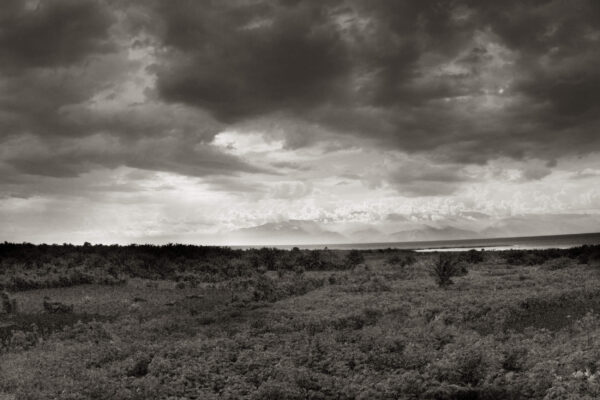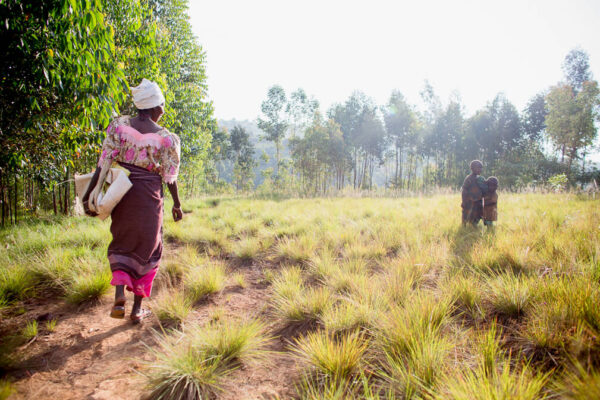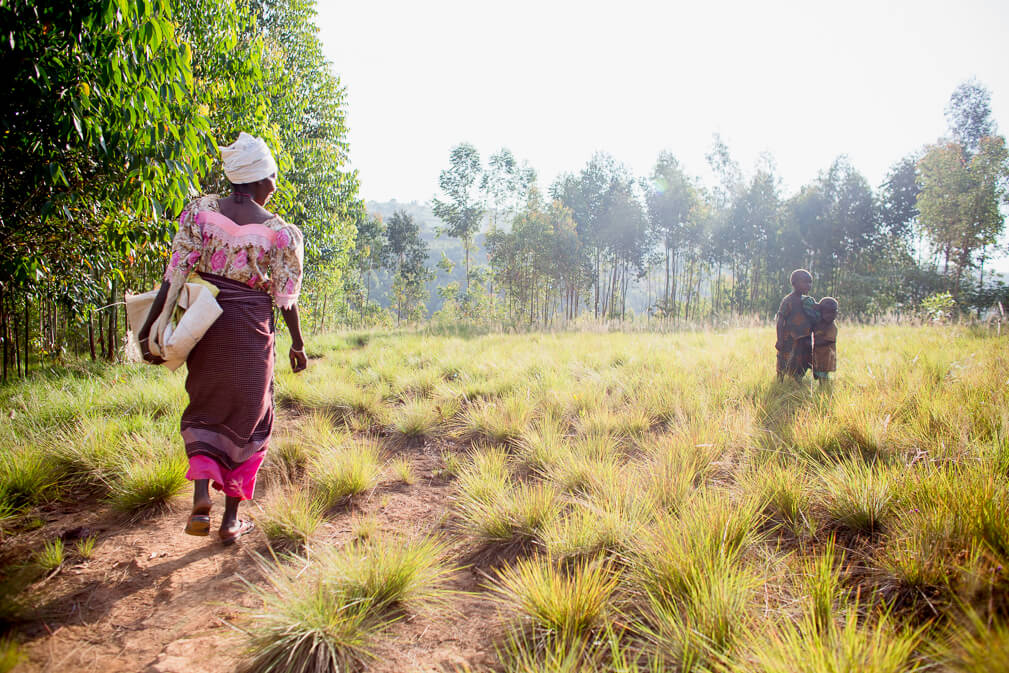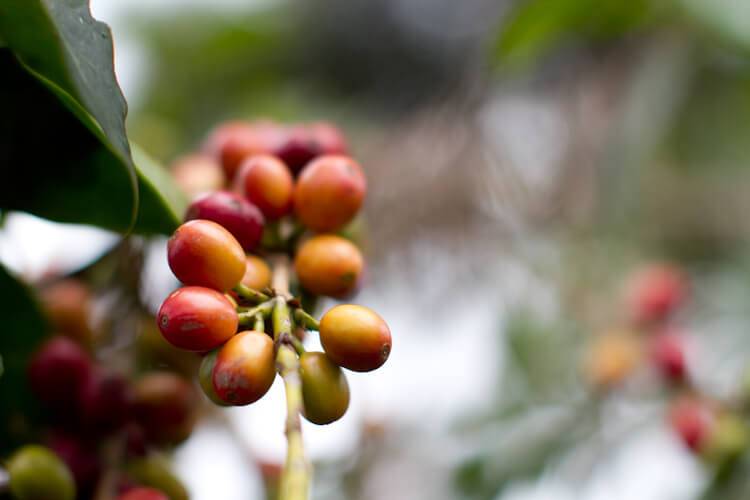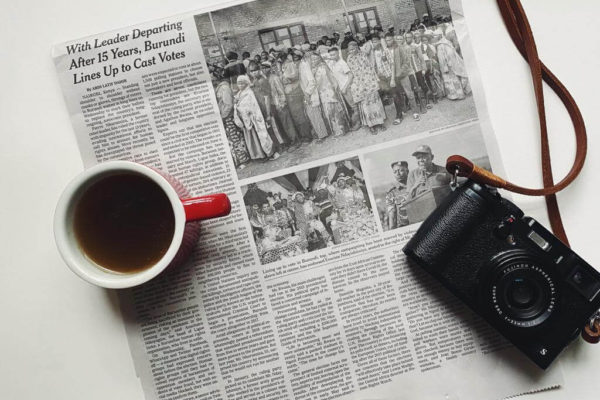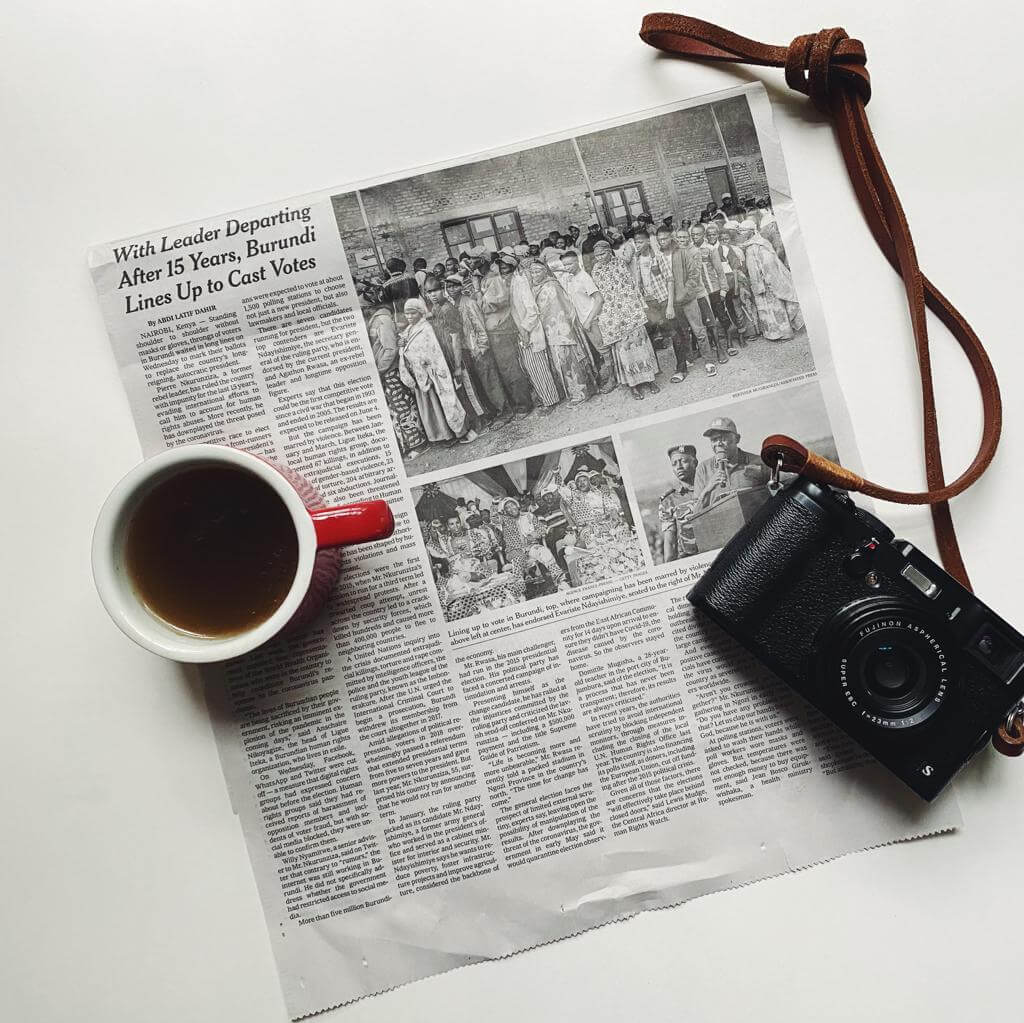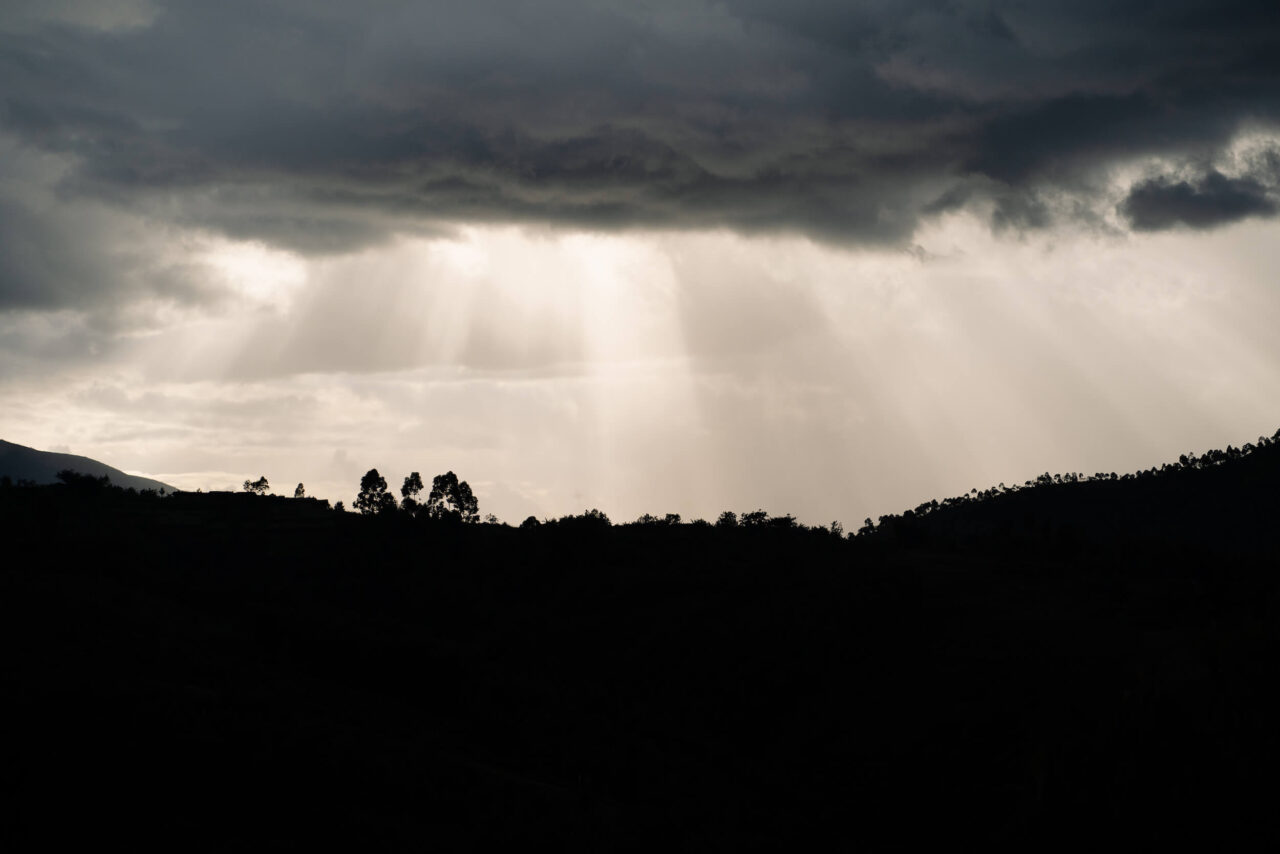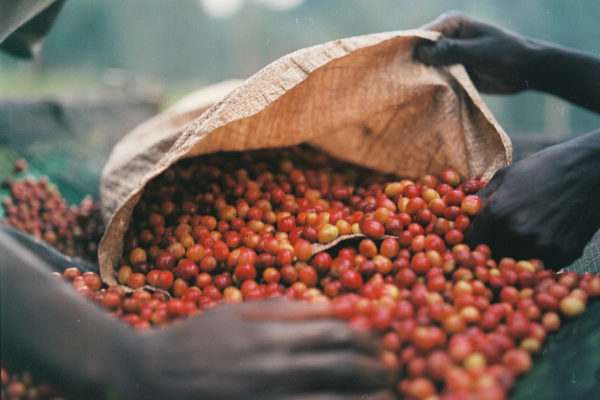From the Farm, Field and Lab
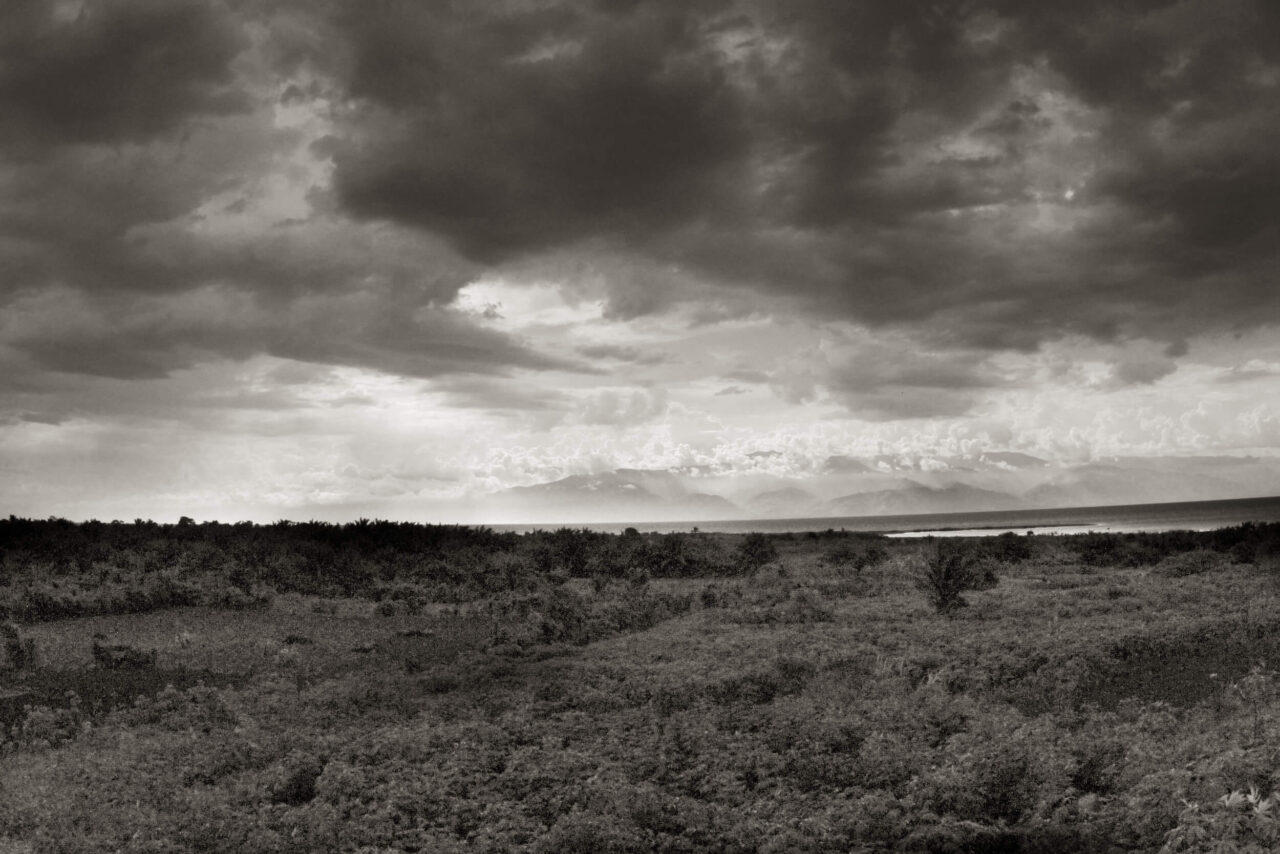
From the Farm
collected and translated by Joy Mavugo in conjunction with Robyn-Leigh van Laren from the Story Team.
It’s been a hard week for Burundi. On Monday 8 June 2020, we heard the news that Burundi’s late president H.E Pierre NKURUNZIZA had very suddenly and unexpectedly passed away. Flags were lowered to half-mast and the country went into a week-long mourning period to remember the person who lead and governed Burundi for close to 15 years.
“When I first heard the news, I couldn’t accept what others were telling me. Two days before, the police stopped people on the road saying that the president was passing by. The second person who told me was my friend who said that the president had died from disease. I asked him: “Who told you that news? Is that disease CORONA?” He told me that he didn’t know. After realizing that it’s true, that the president died, the first question I asked is: “Who will give the presidential chair to his successor at the big ceremony in August?” Death is not afraid. Even if people call themselves great, only God will live forever.” – Céléstin from Mikuba hill.
“It was really scary news, because it happened just after the elections. Burundians, especially from the hill where I live, have bad memories of elections. When I heard the news, I didn’t even ask the cause of his death. Immediately, my heart told me that things will happen again like they did in 1993. I went home and started listening to the radio to hear what the situation is in the country. The good thing is that after his death, no other Burundians have lost their lives. Only…it’s still too early to believe. The lesson I’ve learnt from the president’s death is that there is no great person in the world. God is powerful, and he does what he wants on earth and heaven.” – Bénoit from Mikuba hill.
“When I heard the news, I was very surprised. At first, I didn’t believe what people were saying. I am now wondering: what will happen next? What makes me happy is that things are quiet in the country and there is peace. Nothing is impossible. Three days in the country without a president, and life is normal. The world has surprises in store for us.” – Noël from Mikuba hill
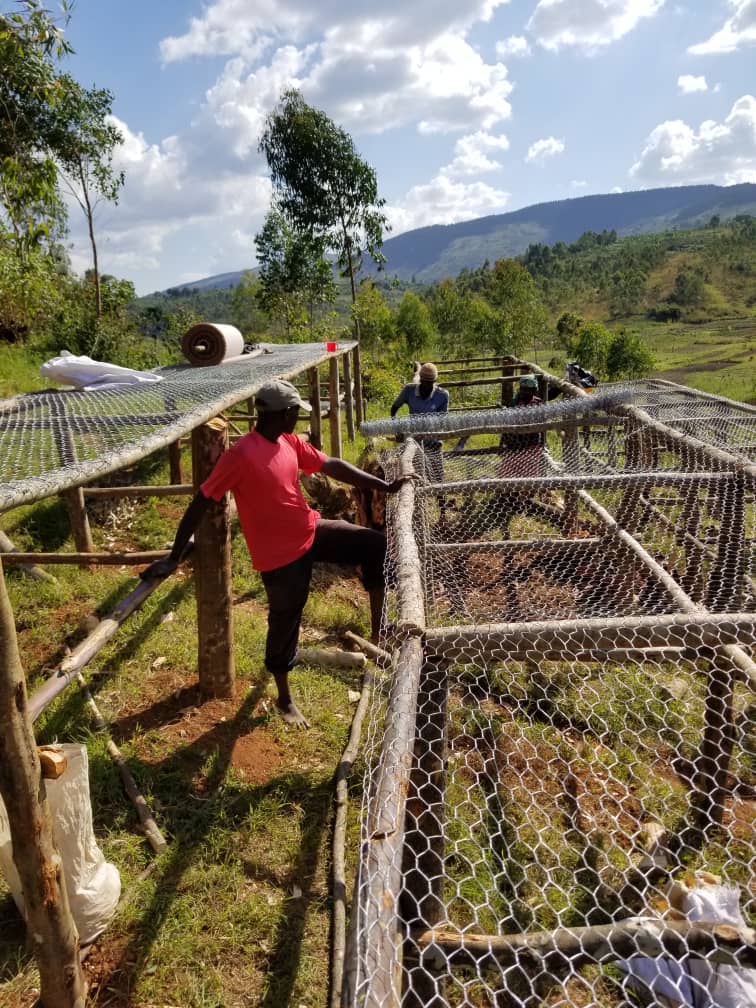
From the Field
written by Seth Nduwayo, Quality Control Manager
Weather
It would sound as if I have an endless repetition of climate stories. One can wonder, “isn’t there anything else more interesting you can be talking about?” However, this is to emphasize how severe and strange the climate is. So, when our partners hear that we have an Environmental Bottom Line among our four bottom lines, they find that it was not a mere choice of words. Rather, it is a real and serious challenge we have to face. While previously I shared with you the lack of rain that caused some berries to dry on the trees, before yesterday we got unexpectedly some rain in Bukeye and a lot of it at Heza, Kayanza. This is not bad as it will help some berries to ripen. However, for trees that didn’t have berries these will start blossoming. And as after this little rain sunny days are going to follow, then the blossoms may dry because they will have sprouted in a wrong period.
Ninga Washing Station
I also spoke about how Ninga farmers are so happy that finally Ninga project is in course of implementation and they can deliver close, without the long walks. As Long Miles Team, we share the happiness with those farmers because Ninga has started to bear fruits. In fact, the first lots that were collected in Ninga and surrounding hills have been taken off the table, this week. Though I referred to our infrastructures at Ninga as basic, I believe that the quality of coffee that was processed there is at the same level or even higher than what is produced at our old stations. My fear is that the supply might be too much lower than the demand. However, we expect the next harvest to be good enough to satisfy all Ninga lovers in both quality and quantity.
A No-Visitor Harvest
COVID-19, has changed the way humanity lives and works; the coffee industry was not spared. We used to host guests who came to visit our factories (Washing Stations). They came for various purposes but we enjoyed hosting them. Some were customers, others were interns, students who want to be at an origin, Cup of Excellence judges, etc. Personally, I really liked that they were coming. In fact, even when they may not buy our delicious coffees, at least they would tell a story about us or recommend their friends to partner with us. In this way, our reputation kept expanding, with many eyewitnesses. This year no more new visitors so far, except those following on Instagram or receiving our newsletters. I wish COVID ended so that we come back to normal.
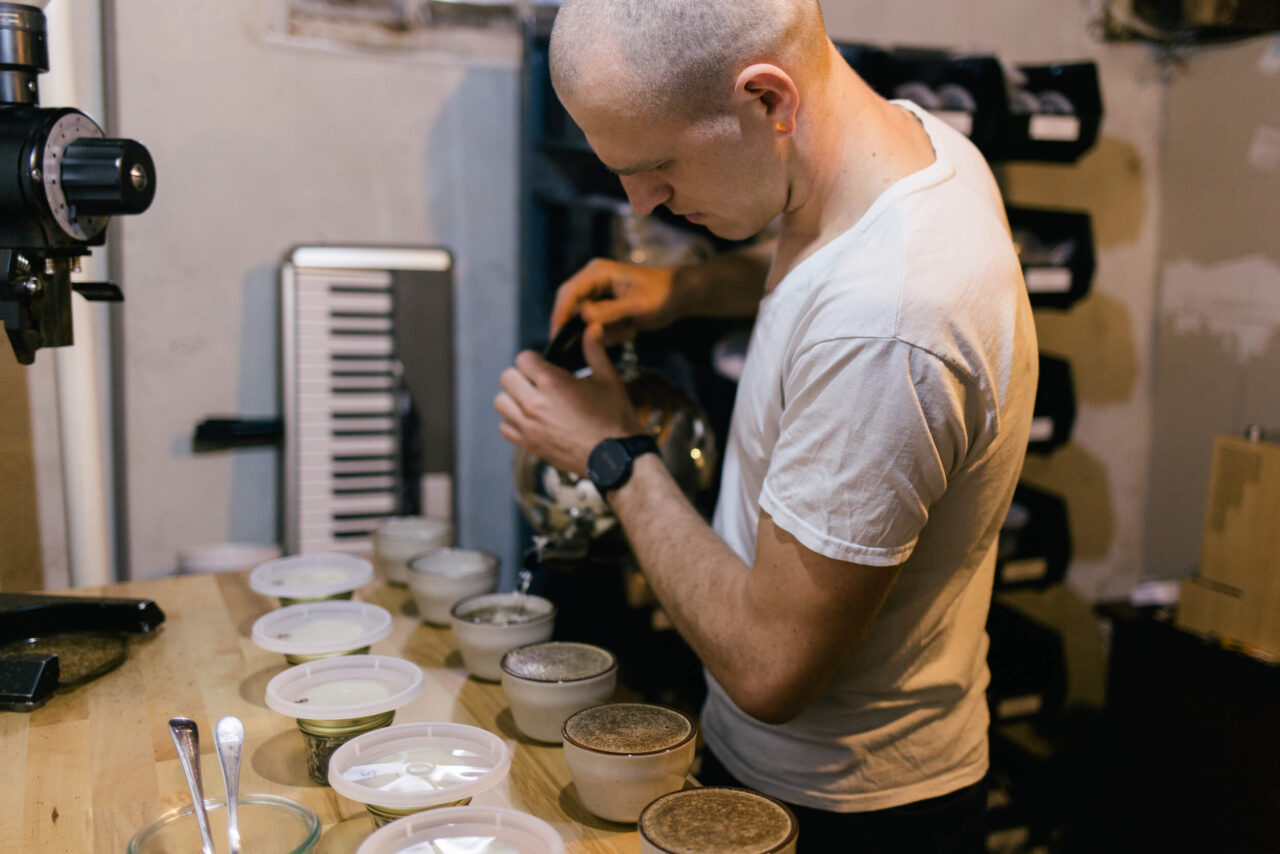
From the Lab
written by David Stallings, Roaster Relations
Since the last Harvest Update email, I have received two boxes of table samples. Two more are currently en route; one has just made it to New York City the other is in Nairobi. The coffees I have tasted the past two weeks represent the first coffees delivered to our washing stations this season and, as such, are from quite small lots – some projected to be well less than one bag in size once milled.
Every single table sample produced will be coming through our East Coast lab [i.e. my basement] this year. This includes everything from our highest quality parchment, which is destined to become micro-lots, to our “Cherry-B” lots. (Cherry-B being the underripe and overripe cherries delivered by farmers. We are legally obliged to purchase these coffees from farmers but process them separately as to not lower the quality of our micro-lot coffees.)
The majority of my time over the next two months will be spent analyzing green coffee samples, roasting and cupping said samples, and constructing lots based on volumes, quality, flavor profile, hills, and demand. This is some of the most enjoyable and rewarding work I have the pleasure of doing. I could not be more thrilled to report that the table samples I have cupped thus far this season are of absolute stellar quality.
Beyond cup quality, the physical characteristics of the lots I have analyzed thus far have been quite reassuring. Every lot I have measured the water activity of has fallen between our desired 0.45-0.55 aw, with the majority of them being in the lower half of this range. Based on the quality of our landed lots from last year, this is exactly where we want our coffees sitting for optimal longevity and freshness.
Links worth checking out
- Our friends at La Cabra recently shared a video shot by Paw Gissel during their 2018 visit to Burundi. Check it out here.
- An interesting NPR piece on COVID-19 and Africa can be found here.
- A New York Times article on the death of President Nkurunziza can be found here.
- An Al Jazeera article on what happens in Burundi following the president’s passing can be found here.
